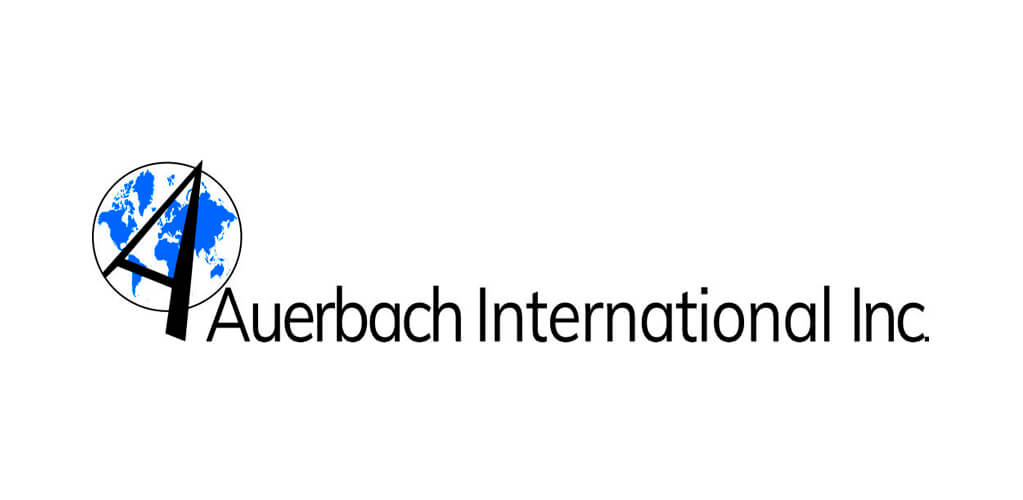Bloopers, and why easy translations are not so easy

In general, simple words are simple to translate. Except when they aren’t. And AI programs usually make no distinctions and cause errors.
For example, consider the sentence, “I felt welcomed by the warmth of the happy people.” Is the “I” speaker a male or female? The word “welcomed” changes endings in many languages, depending on the speaker’s gender.
Or consider various recycling terms for an immigrant brochure we recently translated:
The word “Reuse”
In Spanish, it’s best to say “Reuse me” and not just “Reuse,” especially in the context of water bottles.
If you put “reuse” into Google Translate, the French becomes the translated noun “reutilization” which is not the same concept. But put in “reuse and “recycle” and you will get two verbs, which is more accurate.
Translate the term into Filipino? First, the Philippines has 187 languages and dialects, the most common of which is Tagalog. And Tagalog has no word for “reuse” so it uses the English instead.
Russian has various ways to say “reuse”: One is to use something more than once. Another means to recycle. Yet another term is used for refilling something such as a water bottle, while a fourth term means, “Don’t discard it.”
And while “Reuse” seems to be a command such as Stop!, some languages can use both the command form OR the infinitive form (“to reuse”). The command form is more common when speaking to individuals while the infinitive form is more common when the instruction refers to everyone in general. Which to choose? Unless it’s clear, a translation project manager normally asks you which intention you want.
In the same brochure, another sentence was, “You are part of the Plan.”
In Russian, this could be translated as “We count on you” or as “The Plan starts with you.” In Spanish also, it’s better to say, “We count on you.”
“Together our future is sustainable.”
Japanese spells out the English “sustainable” in phonetic letters.
Spanish can translate this literally or say “Let’s create a sustainable future together.”
CONCLUSION
As you can see, translating simple terms can depend on gender of the speaker; the context of the meaning; and cultural adaptation, presenting the sentence in the way that the language best expresses the concept.
And as you might guess, Artificial Intelligence and Translation Software programs make assumptions that can be totally wrong. And this again is the reason, when accuracy and precision matter, that it is essential to use Auerbach International’s professional translators who speak expressions and your subject terminology in all languages.
BLOOPERS
Some of the funniest foreign signs in English are also due to AI or amateur translators’ misunderstanding the proper usage of key words … as in these delightful messages:
In a Norwegian cocktail lounge: “Ladies are requested not to have children in the bar.”
In a Mexican hotel: “The manager has personally passed all the water served here.”
In a Soviet hotel room: “If this is your first visit to the USSR, you are welcome to it.”
To ensure that your signs, brochures, contracts, instructions, books, videos and websites do not make our Bloopers list – and assuming that you want your communications to reflect your organization’s professional image – please call or email Auerbach International for a free quote into over 120 languages and dialects.
In gratitude,
Philip Auerbach
Founder, President & CEO
Auerbach International
Headquarters – 415-592-0042 x107
translations@auerbach-intl.com
“3 Decades. 2 Billion Words. A+ Accuracy. Superior Translation Services.”
